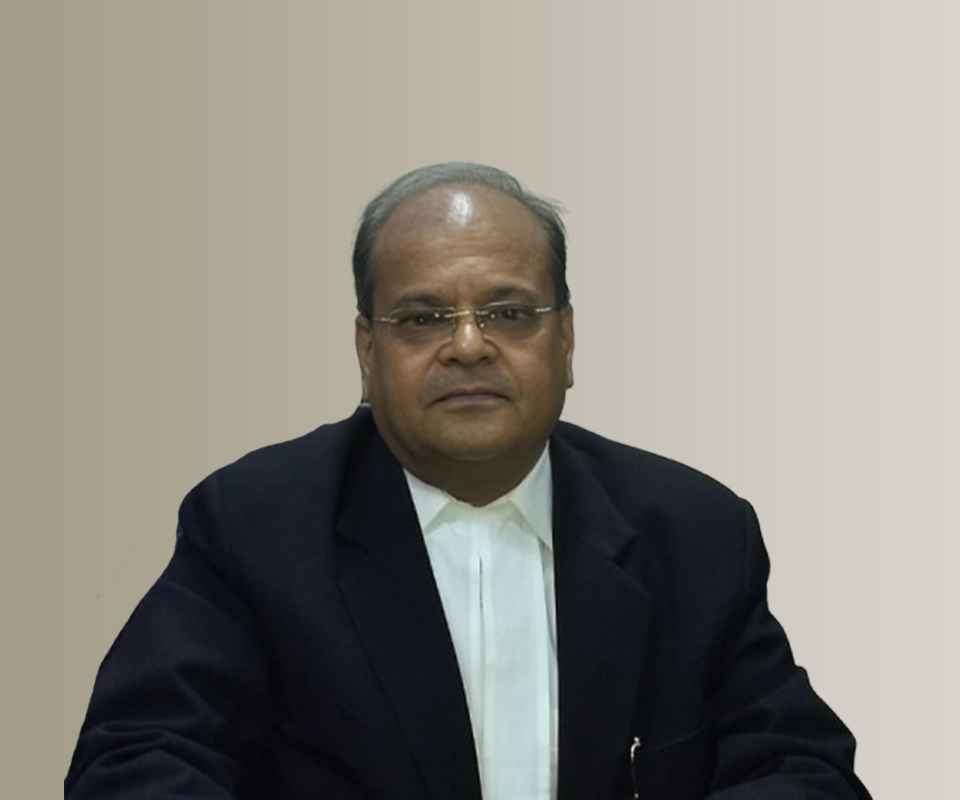Answer By law4u team
India and the United Kingdom share a long-standing and multifaceted relationship shaped by history, trade, legal frameworks, and diplomacy. The two nations are bound by several treaties and agreements that regulate cooperation in extradition, trade, defense, and other domains, reflecting mutual interests and obligations under international law.
1. Extradition Treaty
India-UK Extradition Treaty (1993): This treaty governs the surrender of individuals accused or convicted of crimes. It establishes conditions, offenses covered, procedures, and protections for extradition requests between the two countries.
2. Mutual Legal Assistance Treaty (MLAT)
The MLAT facilitates cooperation in criminal matters such as evidence sharing, investigation assistance, and enforcement of judgments to combat transnational crime and corruption.
3. Trade and Investment Agreements
India and the UK engage under various trade frameworks and agreements promoting bilateral investment, economic cooperation, and market access. While a comprehensive free trade agreement is under negotiation, existing frameworks support trade facilitation.
4. Defense and Security Cooperation
Agreements and Memorandums of Understanding (MoUs) enable joint military exercises, intelligence sharing, counterterrorism cooperation, and defense technology exchanges.
5. Cultural and Educational Exchanges
Treaties and agreements encourage cultural ties, academic collaboration, and people-to-people contact through scholarships, student exchange programs, and cultural festivals.
6. Diplomatic Relations
The Vienna Convention on Diplomatic Relations (1961), ratified by both countries, sets the legal basis for diplomatic immunity, privileges, and conduct of diplomatic missions.
7. Other Relevant Agreements
Agreements on avoidance of double taxation, air services, and consular cooperation also form part of the treaty framework between India and the UK.
Example:
Under the India-UK Extradition Treaty, if a criminal wanted in India flees to the UK, India can formally request extradition. The UK authorities assess the request under treaty provisions, verify evidence, and ensure protections like fair trial and human rights before surrendering the individual to India.







